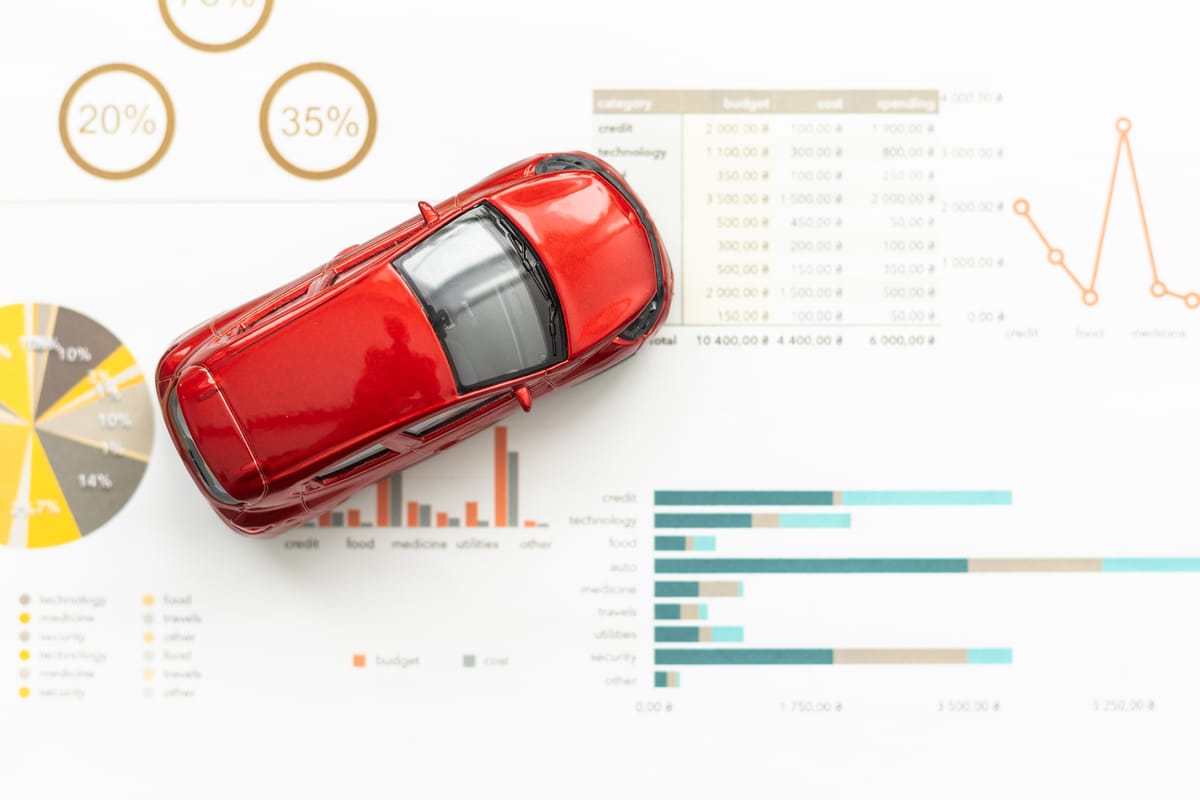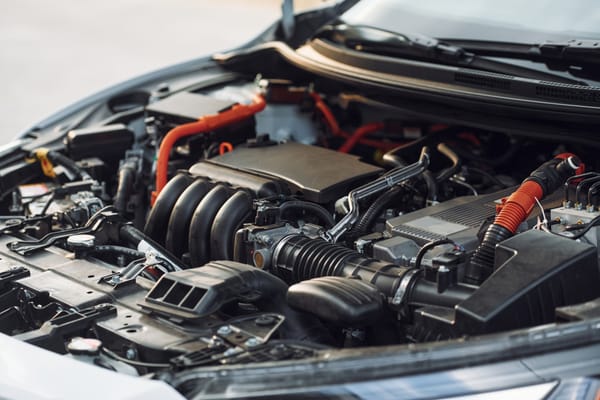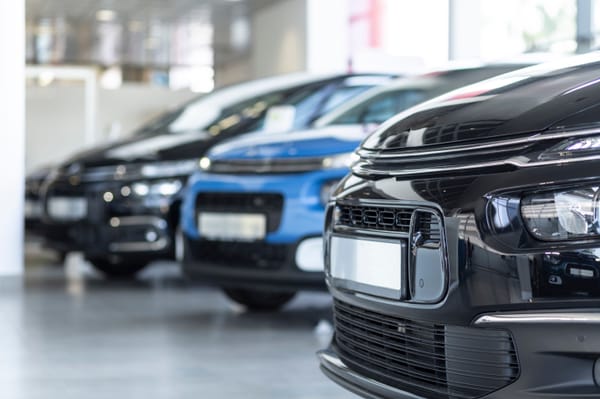Car Market Value vs Car Market Price: The Ultimate Guide for Kenyan Buyers and Sellers

"Karibu!" said the car dealer, flashing a smile that didn’t quite make it to his eyes. "This Toyota Fielder is only 1.2 million shillings. Special price just for you!"
If you've ever stood in a Nairobi car yard wondering whether to laugh, cry, or walk away-you're not alone. Across Kenya, from Kisumu to Karen, the line between a car’s market value and its market price is blurrier than a downtown boda in rush hour traffic.
But here’s the kicker: that blurry line is costing Kenyans millions in lost value.
Kenyans Are Overpaying-and Underselling-Cars Every Day
Every day, Kenyans are either overpaying for their dream car or underselling their trusty ride - simply because they don’t understand the difference between car market value and car market price.
Without this knowledge, you're gambling with your hard-earned money. That means potentially losing tens of thousands of shillings, or worse - buying a car that should’ve stayed in Japan.
Let’s break it down, Kenyan-style.
Market Value vs. Market Price - What’s the Difference?
What Is a Car’s Market Value in Kenya?
Think of car market value as the true worth of the car. It’s what a well-informed buyer would pay in a fair deal-based on facts, not vibes.
In Kenya, market value is shaped by:
- Brand reputation & spare part availability: There's a reason Toyota dealers can be found on nearly every major street in Nairobi. When your car breaks down in Kendu Bay or along the vast roads of Maralal, you'll thank yourself for buying a model with parts available at the local fundis.
- Fuel efficiency: At Ksh 174+ per litre, that guzzling V8 might look sexy at Java’s parking lot-but it’ll bankrupt you by month-end.
- Ground clearance: Our famous "car-breaking" potholes and bad roads mean low-riding European sedans often depreciate faster than high-clearance Japanese models better suited to our roads.
- Maintenance history: A clean logbook and authorised service history bump up resale value.
These are some of the reasons why Toyotas, Hondas, and Subarus often hold their value longer because they’re reliable, and parts are easy to find. If you’re driving a Toyota Corolla or Hilux, you’re in luck. These models depreciate more slowly and fetch higher resale values.
What Is the Car Market Price?
The market price is the figure you actually pay-or receive-after the sweet-talking, hard-selling, and haggling is done.
In Kenya, that number is influenced by:
- Negotiation skills: That smooth-talking car dealer in Mombasa didn't just wake up yesterday. The back-and-forth haggling is expected, with initial asking prices often inflated by 15-20%.
- Import cycles: Prices drop when Mombasa Port gets flooded
- Taxes & duties: KRA never sleeps
- Dealer markup (that “friend price” is often padded)
Urgency (buying in December? Expect holiday inflation)
Why Do Value and Price Rarely Match in Kenya?
Just like finding a free Super Metro bus at 5 p.m. - value and price rarely meet.
Here’s why:
- Emotional buyers: That red Subaru may not be worth it, but love is blind... and expensive.
- Government Taxes: Between Import Duty (25%), VAT (16%), Import Declaration Fee (3.5%), and Railway Development Levy (2%), nearly half of what you pay goes to the government, not toward the car's intrinsic value.
- Reputation & scarcity: Some brands, like Toyota and Isuzu, are in higher demand and hold their value better, so sellers can charge more. Chinese electric cars with no local mechanics? Not so much.
- Timing & demand spikes: Back-to-school season or post-harvest? Prices jump like Safaricom data bundles.
- Negotiation: The final price depends on how well you negotiate. Sometimes, the urgency to sell or buy can tip the scales.
What Makes the Kenyan Car Market So Unique?
Kenya’s used car market is booming and dances to its own beat. In 2025, it’s valued at Ksh 1.53 billion and is expected to grow to Ksh 2.23 billion by 2033, driven by a growing middle class and the need for affordable personal transport.
Japanese imports dominate our roads for good reason - they're built to last, easy to maintain, and hold their value better than fancy European brands that cost a kidney to repair when they inevitably break down on Mombasa Road.
- Over 85% of cars on our roads are imports, mostly Japanese.
- KRA uses an 8-year age limit and depreciation schedule to value imports. That 2017 Vitz? It just made the cut-and the price reflects that.
- SUVs, pickups, and hybrids are booming due to fuel trends, road conditions, and growing middle-class tastes.
- Online platforms like Peach Cars have digitized car buying-offering free valuations, 288-point inspections, and verified listings.
How to Estimate Market Value Like a Pro (and Not Get Played)
Before you buy-or sell-do this:
- Compare listings: Use Peach Cars and trusted platforms.
- Match year of manufacture, not just registration.
- Check mileage range, service history, accident status, and usage (was it a taxi?).
- Use free car valuation tools with local data (Peach Cars offers this!).
Red flags to avoid:
- Too-good-to-be-true prices (often tampered or accident-repaired cars)
- Sellers who refuse mechanic inspections
- Missing logbooks or import documents
Kenyan Buyers: Don’t Be the Guy Who Paid Ksh 300K Too Much
- Spend at least two weeks researching before buying
- Learn to inspect properly-check for overspray paint, uneven tyre wear, and smoke on cold starts
- Use the NTSA portal to verify records
- Insist on a 288-point inspection (only Peach Cars offers this transparently)
Kenyan Sellers: How to Max Out Your Resale Price
- Fix minor issues (a Ksh 2K mirror repair can earn you Ksh 10K more)
- Present the car well - Ksh 3K for detailing = Ksh 20K boost in offers
- Be upfront about flaws. It saves everyone time - tuwache kuhemeshana please
- Use Peach Cars to list - serious verified buyers only.
How Depreciation Eats Your Car’s Value (We have a whole guide on understanding how depreciation works for the cars on Kenyan roads here) but here’s the tl;dr version:
- Cars lose most value in the first 100,000 km
- After 180,000 km, you’re looking at Ksh 143K+ loss vs original value
- Japanese cars like Toyota, Mazda, and Honda depreciate slower
- Diesel cars are losing appeal due to fuel policy shifts
Car Import Laws in Kenya: What You Must Know
- 8-year age limit for imports
- New emission and safety rules = stricter inspection
- Import taxes add 40–50% to base price-budget wisely
- Always confirm compliance before paying
Busting Kenyan Car Market Myths
- “Mileage is everything” – Nope. Maintenance history trumps odometer numbers.
- “Cash is king” – Sometimes. But financing can offer buyer protection and better negotiations.
- “All imports have accidents” – False. With proper inspections, you can find clean, accident-free cars.
- “Diesel is cheaper” – Not anymore. With rising maintenance and narrowing fuel gaps, petrol is back in favor.
Final Thoughts: Drive Smarter, Not Harder
Understanding car market value vs. price is your shield against bad deals. It gives you negotiating power and peace of mind-whether you’re buying your first Vitz or upgrading from that hardworking Probox.
The Kenyan car market is evolving fast. But the smart ones? They don’t just buy cars-they buy confidence.
Visit Peach Cars today to:• Get a free car valuation• Browse verified listings• Sell your car to serious buyers who know real value
Because in Kenya’s car market, knowledge isn’t just power-it’s profit.




